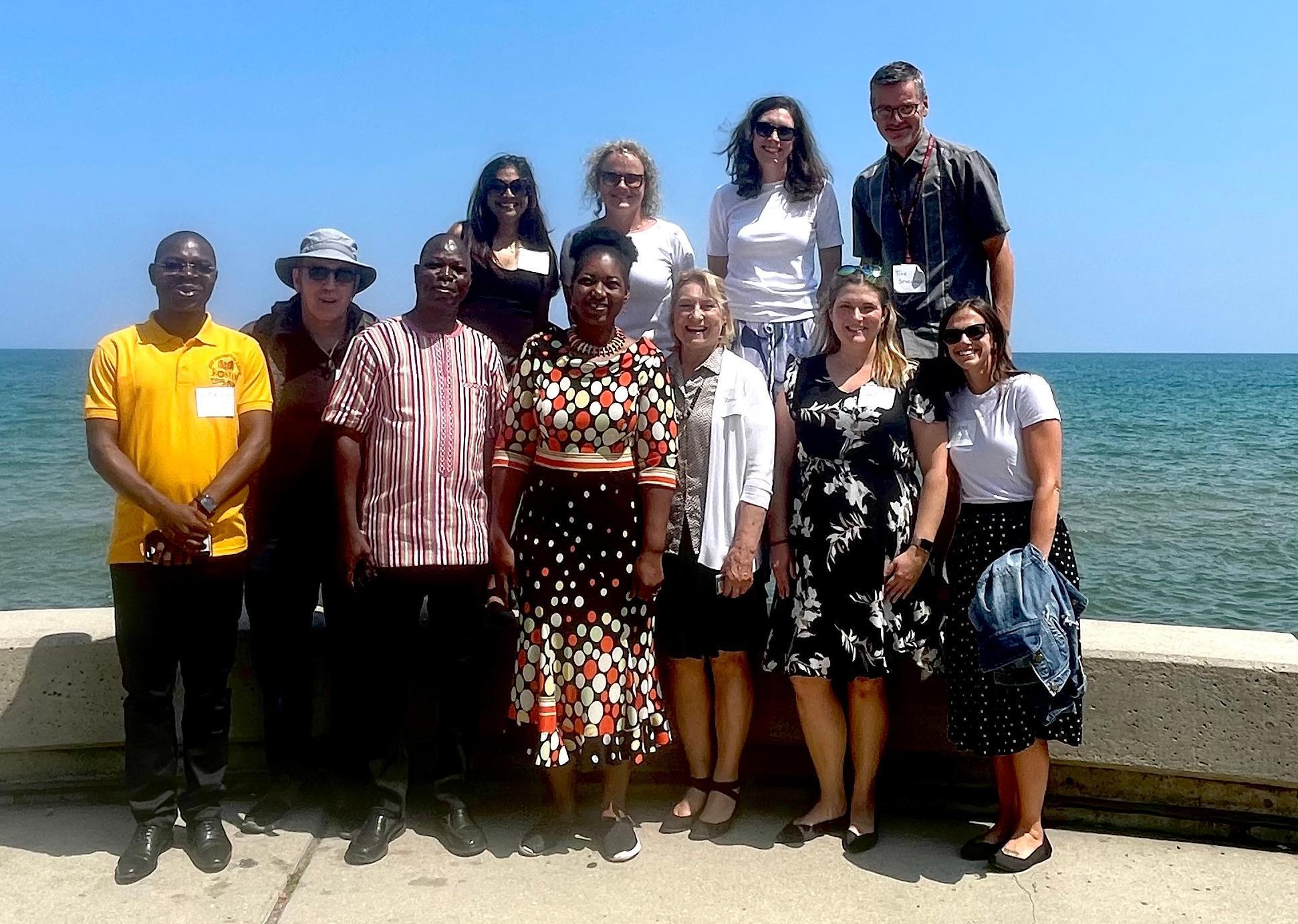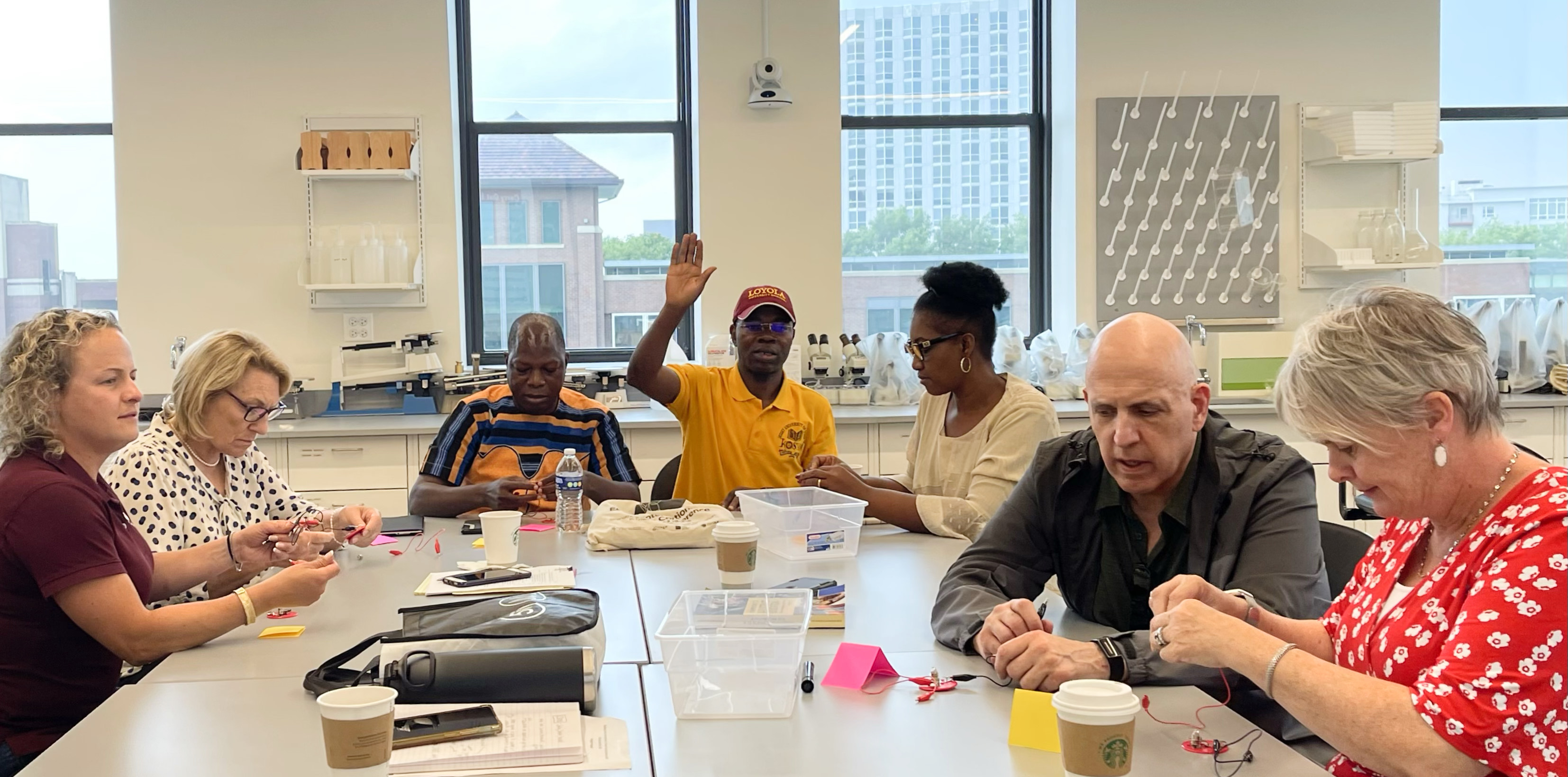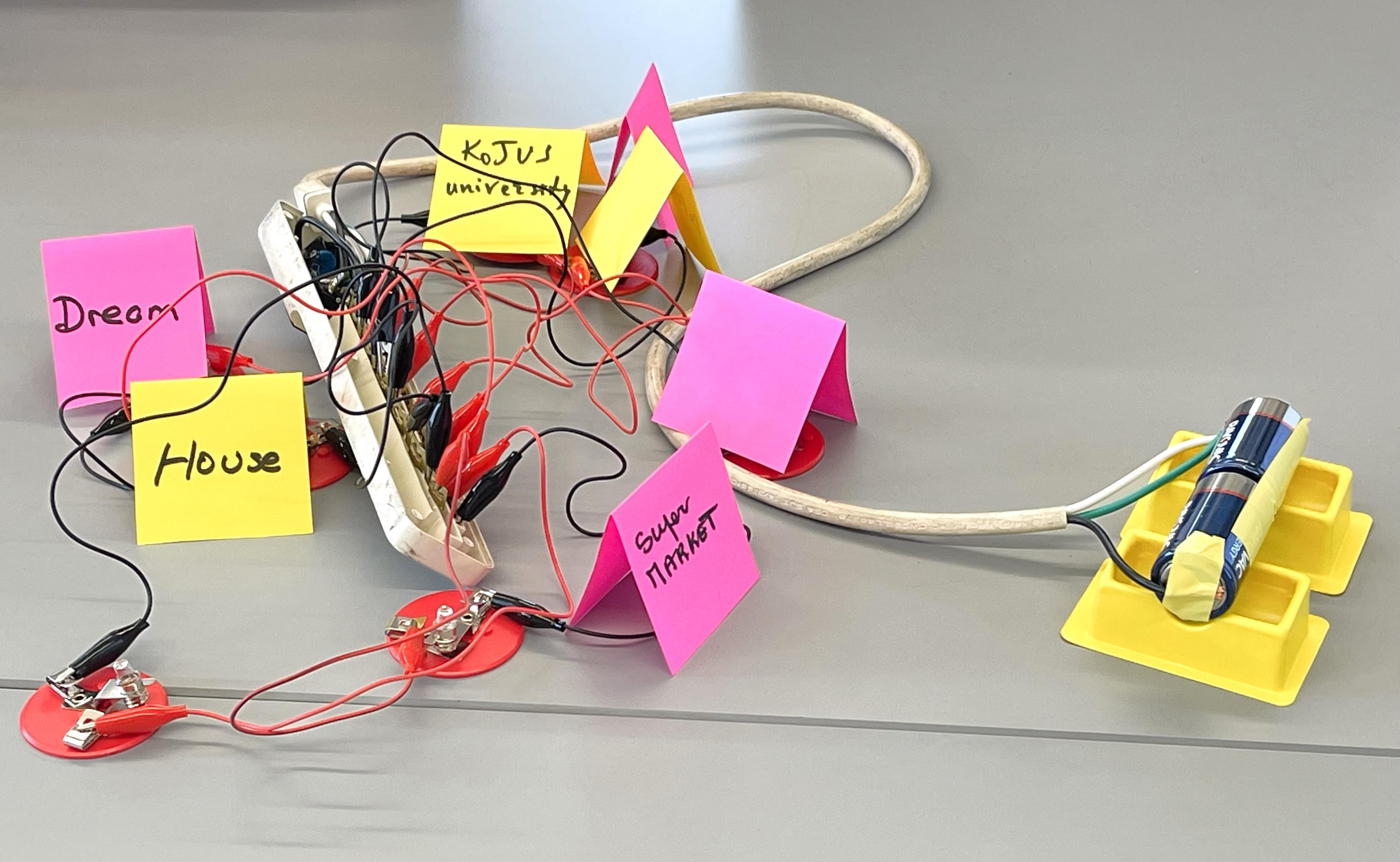Welcoming Delegates from Burkina Faso

In August 2023, CSME collaborated with Loyola STEM faculty to welcome Burkina Faso delegates in support of their newly established institution, Kosyam Jesuit University of Science (KoJUS). The university, guided by President Fr. Francois Kabore, is dedicated to developing a STEM curriculum, aiming to provide students with a practical foundation and train high-quality STEM teachers. The prevailing issue in Burkina Faso, seen in other African countries, is the emphasis on memorizing theoretical concepts without practical understanding. Seeking assistance from Loyola University Chicago (LUC) for its experiential pedagogy, Fr. Kabore advocates for hands-on, applied science in Burkina Faso, garnering support from government officials.
KoSJUS's scientific secondary school aims to provide a conducive learning environment for individuals in Burkina Faso and the wider West African region, cultivating expertise in scientific fields. The 'normal school' will focus on training educators in relevant scientific disciplines. Addressing youth unemployment challenges, the program in entrepreneurship and sustainable development aims to equip graduates with necessary skills for success.
Fr. Francois Kabore visited LUC's Lakeshore Campus with government officials in August 2023. As part of the delegation's visit, the CSME team facilitated a workshop demonstrating inquiry-based science teaching principles at the K-12 level. Using the 2021 Texas power blackout as a case study, the workshop emphasized learning science through exploration of phenomena, rooted in scientific inquiry processes. Delegates explored electrical power concepts related to the blackout, dissecting a power strip to model an urban-scale power-grid system and solve problems related to grid breakdown.
The workshop provided delegates with an illustrative experience of applying a "learner lens" to STEM teacher preparation, allowing prospective educators to learn inquiry-based pedagogical methods as students would. This approach not only illustrates inquiry-based science pedagogy but also emphasizes the solution-oriented approaches envisioned for KoJUS and Burkina Faso's development. The University and the Jesuit community are committed to enhancing Burkina Faso's education system, aiming to catalyze job creation and improve the quality of life for its people.



In August 2023, CSME collaborated with Loyola STEM faculty to welcome Burkina Faso delegates in support of their newly established institution, Kosyam Jesuit University of Science (KoJUS). The university, guided by President Fr. Francois Kabore, is dedicated to developing a STEM curriculum, aiming to provide students with a practical foundation and train high-quality STEM teachers. The prevailing issue in Burkina Faso, seen in other African countries, is the emphasis on memorizing theoretical concepts without practical understanding. Seeking assistance from Loyola University Chicago (LUC) for its experiential pedagogy, Fr. Kabore advocates for hands-on, applied science in Burkina Faso, garnering support from government officials.
KoSJUS's scientific secondary school aims to provide a conducive learning environment for individuals in Burkina Faso and the wider West African region, cultivating expertise in scientific fields. The 'normal school' will focus on training educators in relevant scientific disciplines. Addressing youth unemployment challenges, the program in entrepreneurship and sustainable development aims to equip graduates with necessary skills for success.
Fr. Francois Kabore visited LUC's Lakeshore Campus with government officials in August 2023. As part of the delegation's visit, the CSME team facilitated a workshop demonstrating inquiry-based science teaching principles at the K-12 level. Using the 2021 Texas power blackout as a case study, the workshop emphasized learning science through exploration of phenomena, rooted in scientific inquiry processes. Delegates explored electrical power concepts related to the blackout, dissecting a power strip to model an urban-scale power-grid system and solve problems related to grid breakdown.
The workshop provided delegates with an illustrative experience of applying a "learner lens" to STEM teacher preparation, allowing prospective educators to learn inquiry-based pedagogical methods as students would. This approach not only illustrates inquiry-based science pedagogy but also emphasizes the solution-oriented approaches envisioned for KoJUS and Burkina Faso's development. The University and the Jesuit community are committed to enhancing Burkina Faso's education system, aiming to catalyze job creation and improve the quality of life for its people.


